Myers-Briggs® and Mental Illness – The NT Types
Do you think there’s a link between MBTI® types and certain mental illnesses? I’ve seen this question come up often in various personality type communities. For months I’ve been researching any information I could find to see if there’s a correlation between type and mental distress.
I used to have a long post detailing all the research I found about type and mental illness here, but I think at this point it might be better to leave this page alone since too many people have drawn incorrect conclusions between type and mental illness and that can be dangerous. I believe if you are suffering from a mental illness (or are afraid that you are) then talking to a professional counselor would be the best option.

Here are some other articles you might find helpful:
The Shadow Functions of the INTJ Personality Type
The Unhealthy Coping Mechanisms of Every Personality Type
If you are feeling depressed,
Text CONNECT to 741741
I will leave some sources here in case anyone is interested in checking them out:
An Empirical Investigation of Jung’s Psychological types and Personality Disorder Features – Case Study
Journal of Psychological Type
The 16 Types – web page
Nurture by Nature – Understanding Your Child’s Personality Type – And Become a Better Parent by Paul D. Tieger and Barbara Barron-Tieger
Please Understand Me II by David Kiersey
Subscribe to Our Newsletter

Want to discover more about personality type? Get the inside scoop with Susan Storm on all things typological, along with special subscriber freebies, and discounts on new eBooks and courses! Join our newsletter today!


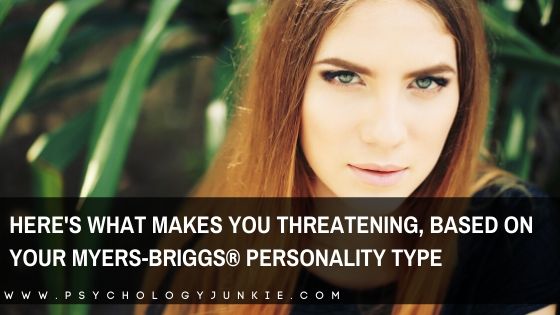


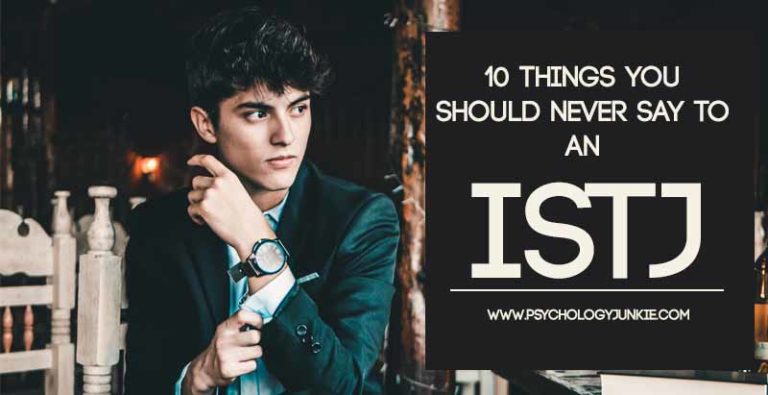

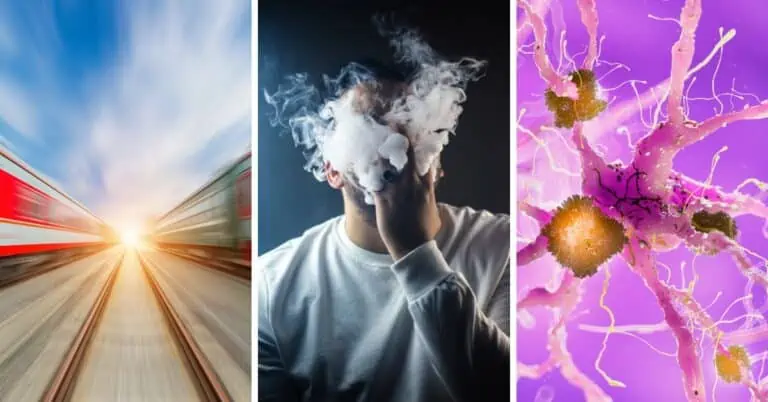
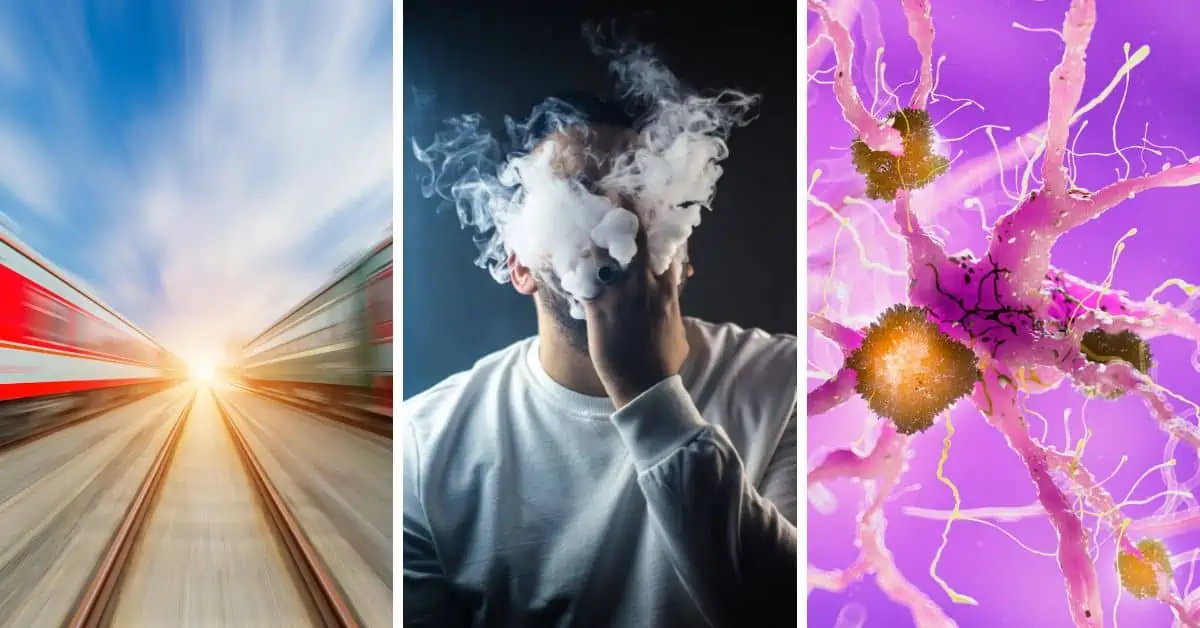
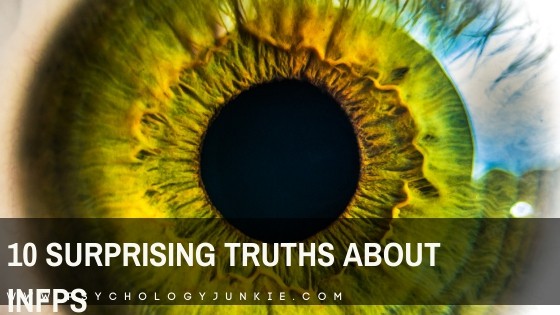
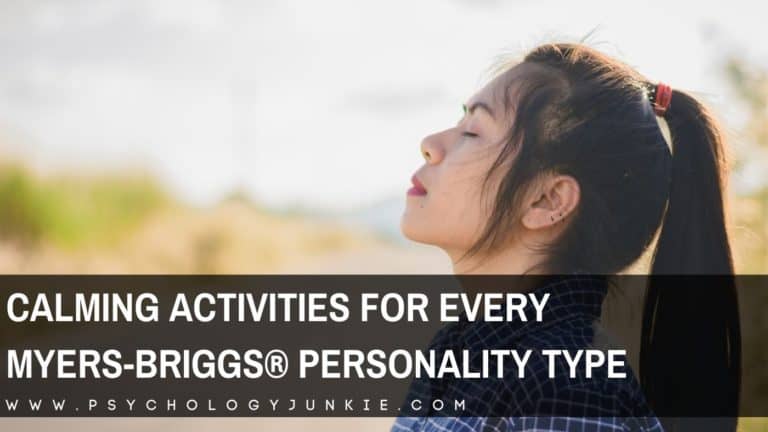
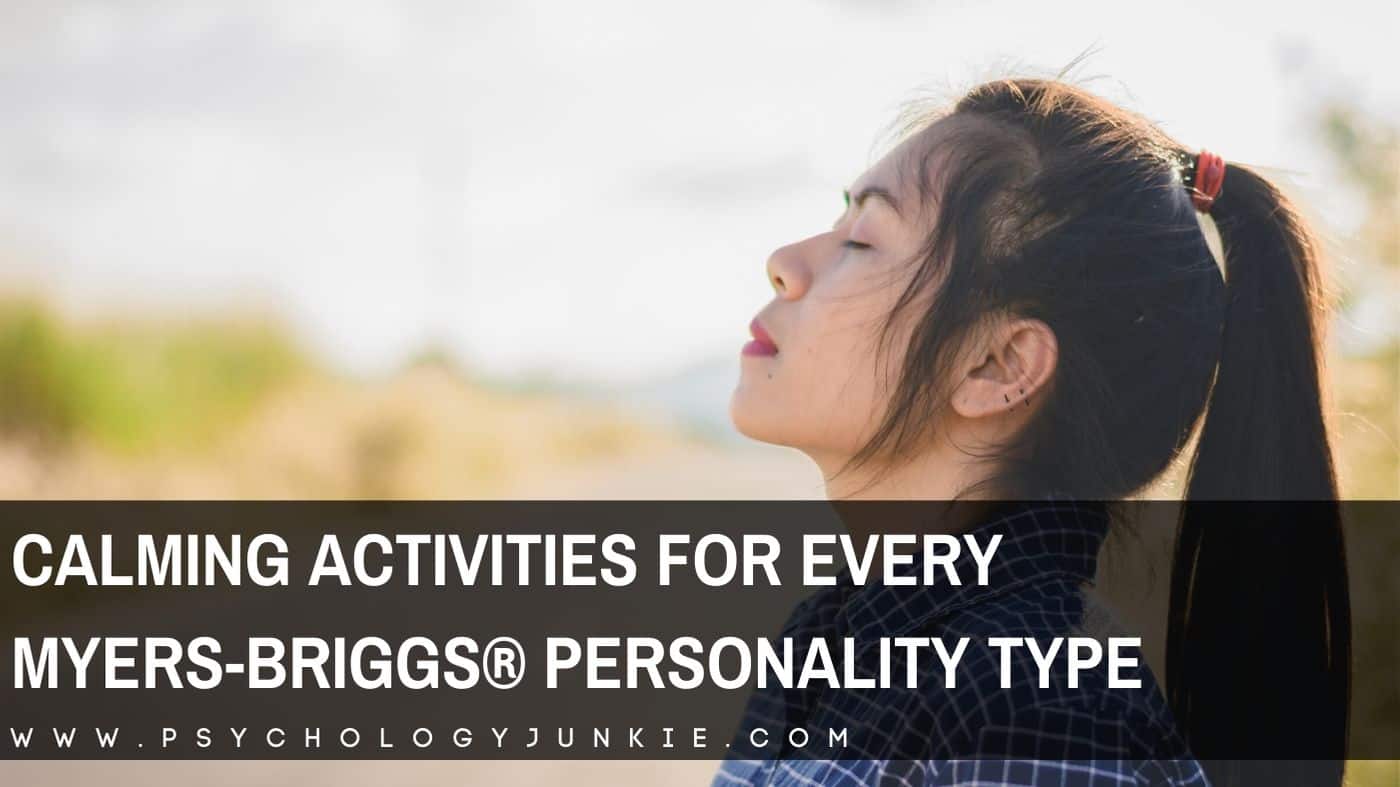
Found your site since I was curious if my personality type (INTJ) could have anything to do with mental illness, as I feel that smart people often suffer from depression. I have had depression since I was 13, and the last few years I’ve developed social / anxiety. Actually starting new treatment in a few hours!
I’m so sorry that you’ve had to struggle with depression and anxiety. That cannot be easy, and I really hope the new treatment help. Thank you for visiting my site and I wish you the best of luck. I know how hard it is to live with anxiety.
I found this article very helpful and logically organized. As I’ve only learned about the Myers Briggs/ Jung theory, Ive began looking for articles like these. I wonder if personalities are more likely to change after a treatment for a certain mental disorder. Personally, as an INTP, I found this article very helpful so thank you
I’m glad you enjoyed the article and found it helpful! Thank you for your feedback. I don’t know if types can change after a treatment for a mental disorder. I don’t think the ingrained, natural type changes, but the realized type might. For example, someone who is experiencing PTSD might type as ISTJ because of their feeling “caught” in past traumas and unable to access their emotions easily, but upon healing and treatment may identify more accurately as INFP.
Thank you for the article. It enjoyed the read and the topic is one that I have also been arguing for quite some time now. People should find this much more troubling then they do. Seems a very dangerous thing to have ” abnormal behaviors” that are used to diagnose mental illness so closely resembling the normal personality traits of certain personality types just because those types don’t make up the majority. I’m an INTP female and was told I have Aspergers. Upon investigation I decided that I apparently do. I’m pretty sure mild Aspergers and the INTP personality are one in the same. I am in no way saying Aspergers or any Autism spectrum disorder isnt a very real and serious situation. However, somehow, the INTP traits not only are almost the the exact same behaviors needed to receive the diagnosis but because of this, those personality traits are considered an illness and are to be considered not acceptable as normal. My daughter is also INTP. It disturbs me to think that had I not been INTP, and not done the studying I had , that we may have treated her like she wasn’t normal and medicated her and forever jade her thoughts about herself by labeling her with such a mental illness. Thank you for sharing and spreading the word. Mental illness is a very real thing and should be taken very seriously. I think maybe the definition of mental illness should have less to do with behaviors that aren’t social norms and more to with behaviors that are damaging to oneself and/or others.
There are INTP aspergers but also I have found some INFP ones.
Hello! ENTP here! I’ve been diagnosed with adhd, major depressive disorder and general anxiety disorder. As far as the manipulation thing goes, I can understand why there may be a correlation. I myself am not manipulative (hopefully), but since ENTPs are so fluid in their ability to empathize with people and understand all sides, I can see how some take the extra step to use that to their advantage.
Hey! Great job! I’m going to church or your link for the personality disorders for ENTP. I always try to time petty ways to increase my ego and can relate to some personality disorders, but that’s because I have schizophrenia. Please don’t judge, I’m on stable medication. Anyway, always just my busy thoughts wondering about possibilities is all.
I’m an INTP and I have borderline personality disorder
As someone who relates to INTJ and have gone through anxiety and depression , it’s ugly and took time to really beat them off. I spent years to heal myself and went for counselling once, it was mainly due to work that I don’t enjoy for 3 years and living alone overseas. I didn’t realize ‘the grip (since I just found about this web) so my sensing function was used in negative ways, excess cleaning habit, organized things ,impulsive buying to the point I developed gastritis and fainting.
As a process i lost 8kgs in 2mths and had to spent my days sleeping, feeling excessive tiredness.
It took abt 2 years by focusing on ‘awareness’ and doing things that contribute to positive ‘sensing function like painting or doing yoga.
So to others who is going through difficult time, don’t give up, take your time and travel or do what you enjoy more.
Do you think it is possible to be misdiagnosed with Asperger’s, if you’re actually just a sensitive, somewhat socially reclusive, INFJ whose Sensing family is constantly trying to fit into a Sensor mold? I feel like it causes me to use my Inferior Se–a LOT–and as a result I seem more impulsive and “childlike”. I’ve been told I have “no common sense” many times before, and my parents–ISTJ and ISFP respectively–are uninterested in hearing much of my theories on this. Trying to do more research, and was hoping someone could help?
1., I was wondering if it was scientifically plausible to misdiagnose an iNtuitive with autism?
2., Secondly, is it plausible many iNtuitives possess autism? (Thinking Sheldon Cooper and Dr. Temperance Brennan, here)
I’m an INFJ and i recently discovered that a lot of my friends from eating disorder treatment who struggled with anorexia were also INFJ’s… just thought I’d share 🙂
I am an INFJ and I’ve been diagnosed with Social Anxiety Disorder.
My mom is a BFFB and suffers from Narcissistic Borderline Personality Disorder. Actually she’s an ESTJ I believe and I noticed other family members flall into this with mental health issues, but also I see the I,s with social anxiety. I’m an ENFJ which makes up 2% of the population so I pretty much am the glue that holds people that care together. The rest can’t be fixed.
You have to look up the good and evil version of each of the 16 MB types to understand why some are more manipulative or deceitful than others and the lights will go off. I always wondered why my mom reminded me of the Queen of hearts, Rapunzel’s kidnapper and Cinderella’s stepmother. They are all ESTJ characters. Disney never made an ENFJ princess. I guess I’m my own princess. :).